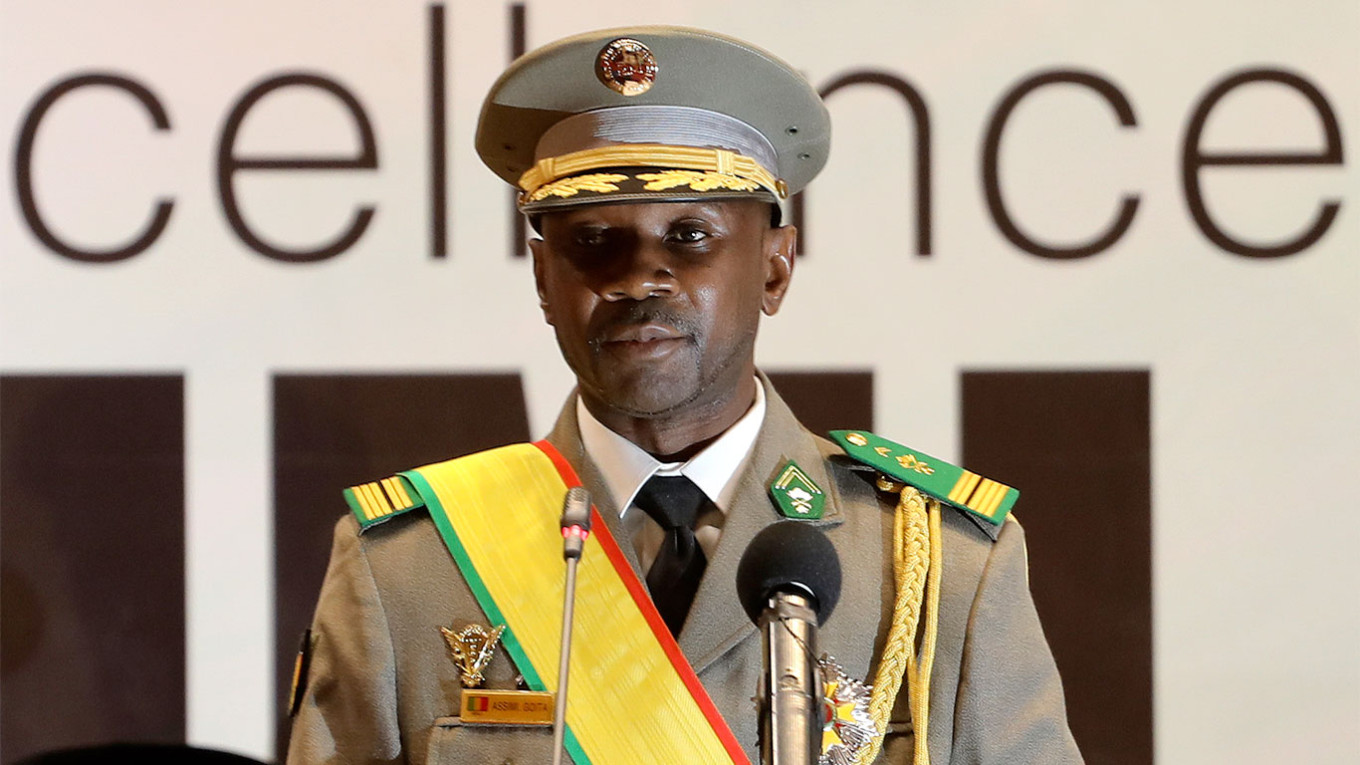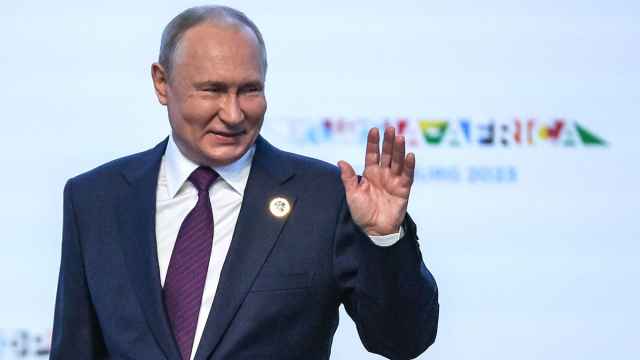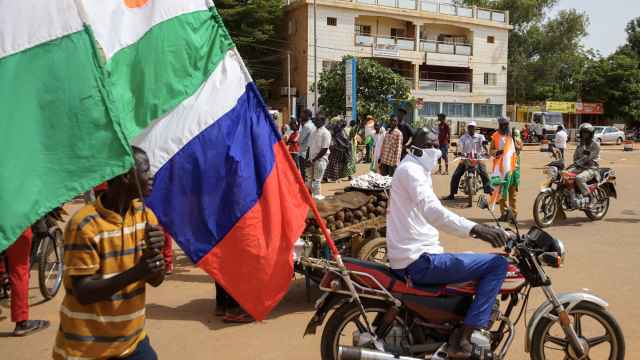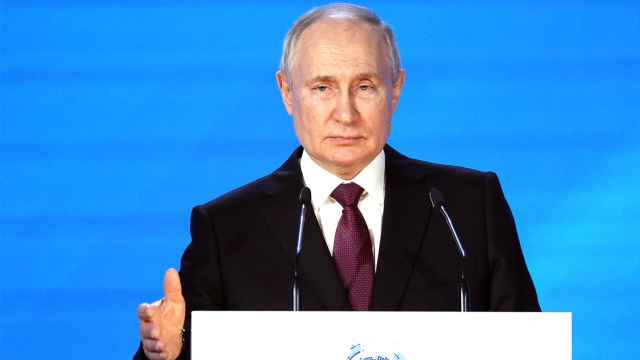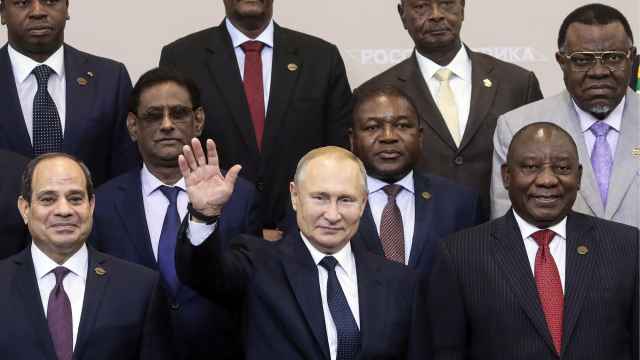Russian President Vladimir Putin and the head of Mali's junta, Colonel Assimi Goita, discussed security and economic relations between their two countries, both sides reported on Wednesday.
During the phone talks, "at the initiative of the Malian side," the two leaders paid "particular attention" to trade and economic relations, including the delivery of cereals, fertilizers and fuel from Russia to Mali, the Kremlin said in a press release.
Colonel Goita thanked Putin "for the humanitarian aid provided, as well as for the help given to ensure security, neutralize the terrorist threat and stabilize the situation" in his country, the Kremlin added.
The landlocked Sahel state has been battling a security crisis since jihadist and separatist insurgencies broke out in the north in 2012.
It has since August 2020 been ruled by a military junta, which broke a long-standing alliance with France and other Western partners in the fight against jihadism and turned to Russia for political and military assistance.
Mali received shipments of Russian military supplies in March and August 2022, and again in January 2023.
In March, the Malian army received several aircraft from Russia.
"Very satisfied with my telephone conversation" with Putin, Goita said on Twitter.
"We had direct and sincere exchanges on subjects of common interest and on our desire to strengthen our diplomatic, economic and security relations," he added.
A Message from The Moscow Times:
Dear readers,
We are facing unprecedented challenges. Russia's Prosecutor General's Office has designated The Moscow Times as an "undesirable" organization, criminalizing our work and putting our staff at risk of prosecution. This follows our earlier unjust labeling as a "foreign agent."
These actions are direct attempts to silence independent journalism in Russia. The authorities claim our work "discredits the decisions of the Russian leadership." We see things differently: we strive to provide accurate, unbiased reporting on Russia.
We, the journalists of The Moscow Times, refuse to be silenced. But to continue our work, we need your help.
Your support, no matter how small, makes a world of difference. If you can, please support us monthly starting from just $2. It's quick to set up, and every contribution makes a significant impact.
By supporting The Moscow Times, you're defending open, independent journalism in the face of repression. Thank you for standing with us.
Remind me later.


